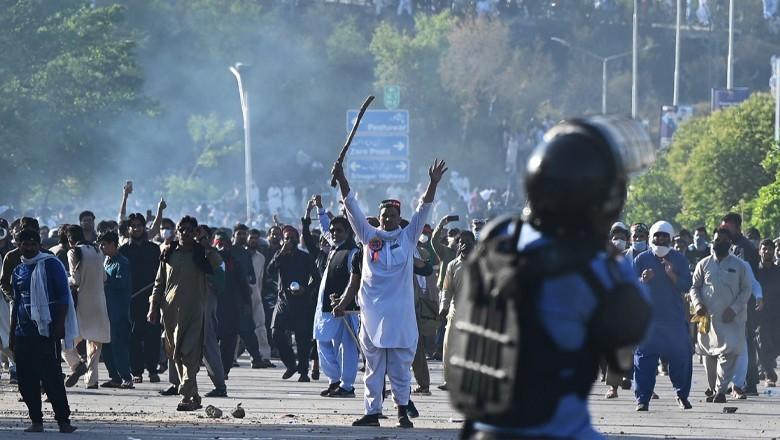Deputy PM calls for improving regulatory framework for medical education in country
Deputy Prime Minister Ishaq Dar underlines the need to establish coordination mechanism between medical institutions and the public and private sector to ensure uniform high-quality education in all provinces


Islamabad: Deputy Prime Minister Ishaq Dar said that regulatory framework for medical education in the country must be improved to make it at par with international standards.
He was chairing first meeting of the 'Committee on Medical Education' in Islamabad on Friday.
The Deputy Prime Minister underlined the need to establish coordination mechanism between medical institutions and the public and private sector to ensure uniform high-quality education in all provinces.
The Committee conducted comprehensive review of medical education system in the country including fee structures and identified key areas for improvement and aligning medical education with international standards.
It focused on devising a plan to solve the issues faced by Pakistani medical students studying abroad.
The meeting decided to constitute a sub-executive committee to review the existing TORs, synergize the regulatory bodies, streamline procedures for foreign students in Pakistan and uniformity in curricula.
The sub-Committee will prepare its report with the objective to ensure that medical graduates in Pakistan are equipped with the knowledge and skills required to meet contemporary healthcare challenges.
The 'Committee on Medical Education' was constituted by Prime Minister Shehbaz Sharif on May 20 with the Deputy Prime Minister as its convener.
It aims at reforms in medical education, improving healthcare standards and ensuring the highest quality of medical training for future generations of healthcare professionals.
Key stakeholders from the medical community, education sector, and government officials are members of the committee.

Gold prices plunge in Pakistan
- 8 hours ago

PM urges Afghan interim govt to eliminate terrorist sanctuaries on its soil
- 5 hours ago

Nasa spacecraft ‘safe’ after closest-ever approach to Sun
- 5 hours ago

Money laundering case: Efforts ordered to re-arrest Moonis Elahi
- 10 hours ago

Markram moves closer to tonne as South Africa reach 180-5 at lunch in first Test against Pakistan
- 10 hours ago

Cabinet accepts Maulana's demand, approves to issue madrassa registration law
- 9 hours ago











